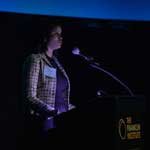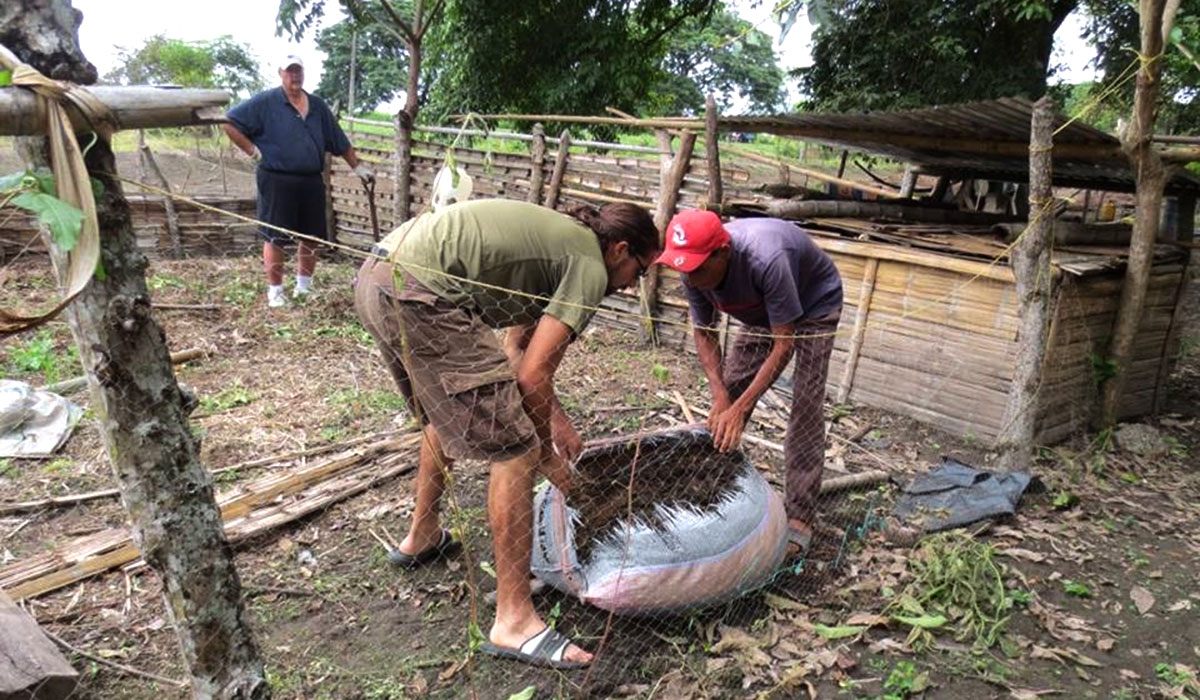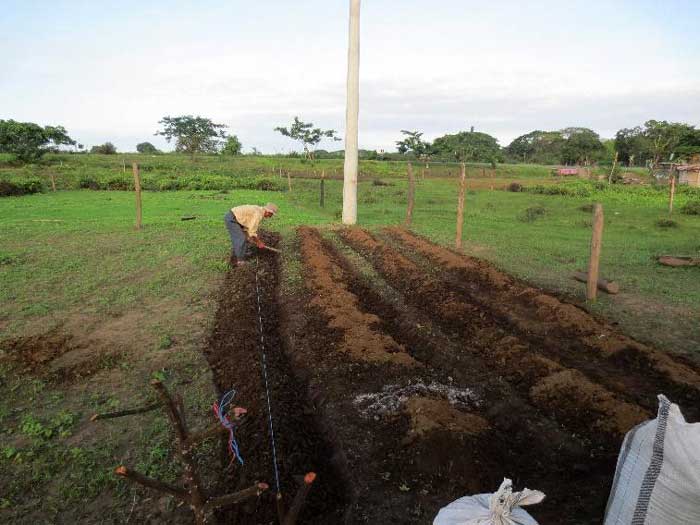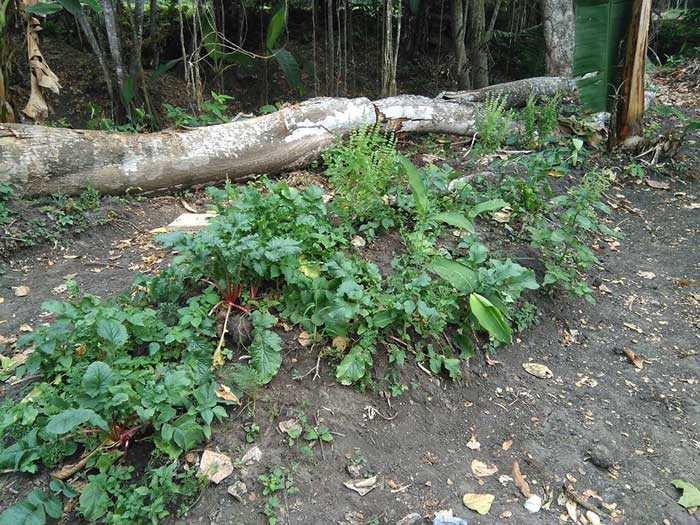Raycell Diaz Hernandez ’24 shares importance of building bridges among generations of Gettysburgians


Growing up, Paul Rule ’13 always knew what he wanted to do—travel the world and help people. He remembers repeatedly telling his mom, “I want to do something like [join] the American Red Cross or the Peace Corps one day.”
Today, that dream has become a reality. After serving as a Peace Corps fellow in Ecuador for three years, he plans to return to the country through graduate studies at Cornell University, and will continue to pursue his passions as a researcher and social entrepreneur.
Thanks to the liberal arts curriculum at Gettysburg, Rule was able to take full advantage of the opportunities offered on campus. The transferable skills and rich hands-on experiences that he gained through his studies and extracurricular activities proved valuable when he made his first trip to Ecuador with the Peace Corps in 2014.
Specifically, volunteering with Lincoln Intermediate Unit (LIU) Migrant Education and Project Gettysburg León through the College’s Center for Public Service prepared him best, as they worked to educate and empower disadvantaged communities.
“They were almost precursors of what I did in Ecuador—working with kids, working with mothers, working with families,” Rule said.
In his studies, Rule customized his education to his interests within the guidelines of an individualized major, taking courses in history, philosophy, and education. Together, these three focal points helped him develop a strong foundation of critical thinking, which he used to overcome disconnects, such as language barriers, while he was in Ecuador.
Applying to join the Peace Corps upon graduating was a natural next-step for Rule, as he anticipated employing his Gettysburg education in his work. However, his plan was thrown slightly off course when he learned that he wasn’t accepted into the program of his choosing.
“I thought that education would be a perfect fit for me, given my background, but the Peace Corps had other plans for me, assigning me to the sector of community health and sanitation,” Rule said. “I was completely out of my element.”
Culture shock, inexperience, and the feeling of a lack of tangible impact of his work frustrated Rule and fought to paralyze the passions that initially led him to the Peace Corps. He began to question his placement and the possibilities that may have existed if he had landed in his preferred program or another country.
“It’s human nature to look back and say ‘what if,’ but I tried my best to never dwell on them,” Rule said. “I tried, instead, to always seize the opportunity that existed where I was, with the circumstances that were given to me. Sometimes change just doesn’t happen overnight. It takes some time and patience.”
After about two years in Ecuador, Rule began seeing results within his community projects and received an opportunity to assist in classrooms—first teaching physical education and then U.S. culture, English, and biology. His limited language skills became a challenge in the classroom, but with perseverance, Rule began teaching his biology class through hands-on experiences, such as growing a garden to learn the parts of a plant. This was an education model he learned at Gettysburg.

“When Paul told me about his experience in Ecuador, I was thrilled to learn that he took essential philosophies underlying in social justice-oriented pedagogies into the field of another country,” said Education Prof. Kaoru “Miya” Miyazawa, who taught Rule in several classes. “The idea of creating the garden to help his students learn biology instead of lecturing was his way of applying teachings of a progressive educator, John Dewey, who didn’t separate school and society.”
That one garden, which was created as an alternative way to teach, has now turned into nearly a dozen farms that not only educate Ecuadorians, but also provide food security and supplement their income, as they sell the excess goods that they grow. One family was even able to afford electricity in their home because of the money they made selling homegrown herbs and spices.

Directly witnessing that positive impact on families struggling with hunger inspired Rule to pursue a master’s degree in agriculture at Cornell. Furthermore, he was attracted to the graduate program because it recognized the social, political, and economic factors that intersect with regenerative agriculture, which aligns with his personal interests.
Now, Rule is tasked with “solving a real-world problem” for his capstone project at Cornell. While he knows setting off to solve world hunger is an impossible undertaking, he hopes to give families in Ecuador a sense of independence and agency.
“Many families literally saw no other option outside of rice farming to [earn money] and send their kids or grandkids to school,” Rule said. “They are now realizing that there is so much more they can grow, and the difference it can make on their lives. I’m beyond happy that I can help them realize the potential that exists.”
Tapping into the depth of his potential here at Gettysburg, Rule has experienced transformative growth and empowered others to do the same.
By Molly Foster
Photos courtesy of Paul Rule ’13
Posted: 08/01/19